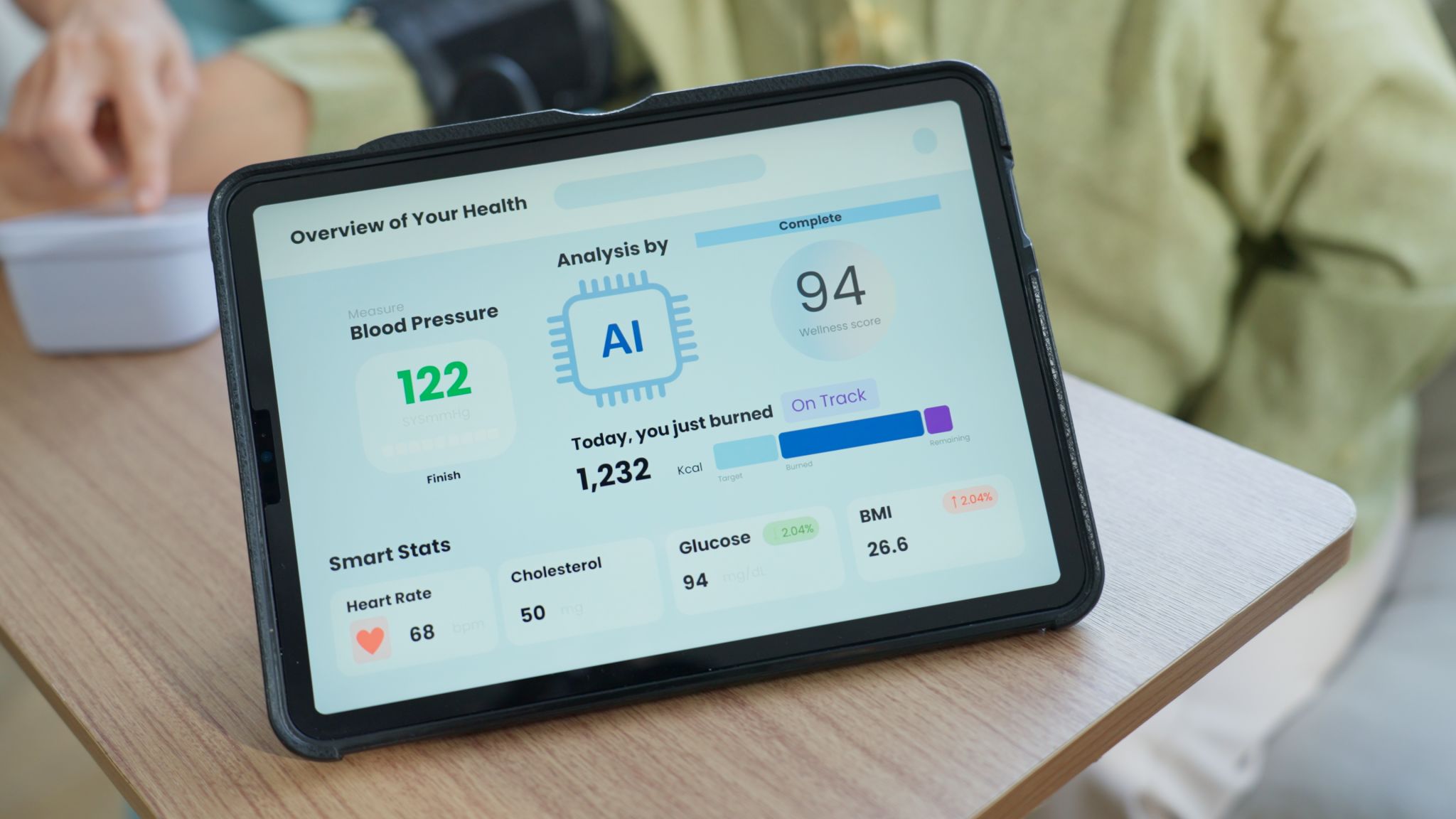Case Study: Transforming Patient Experience Through Personalized Health Care
Introduction to Personalized Health Care
In recent years, the concept of personalized health care has emerged as a transformative approach to enhancing patient experience. This method tailors medical treatment to the individual characteristics of each patient, improving outcomes and satisfaction. In this case study, we will explore how personalized health care has revolutionized patient engagement and management.
Personalized health care considers genetic, environmental, and lifestyle factors unique to each person. By leveraging these insights, health care providers can offer more precise diagnoses, effective treatment plans, and proactive health management strategies.

The Need for Transformation
Traditional health care models often adopt a "one-size-fits-all" approach, which may not adequately address the diverse needs of patients. This can lead to suboptimal outcomes and dissatisfaction. Patients today demand more control over their health journeys, seeking solutions that resonate with their specific conditions and preferences.
For example, chronic disease management can be significantly improved through personalized medicine. By customizing treatments to align with each patient's unique profile, health care providers can reduce hospital visits and enhance quality of life.
Benefits of Personalized Health Care
- Improved Patient Outcomes: Tailored treatments lead to better recovery rates and overall health improvements.
- Enhanced Patient Engagement: Patients feel more involved in their care, increasing their adherence to treatment plans.
- Cost Efficiency: By preventing unnecessary treatments, personalized care can lower overall health care costs.

Implementing Personalized Health Care
Successful implementation of personalized health care requires a collaborative approach. Health care providers must integrate advanced technologies such as genomics, AI, and data analytics to analyze patient information accurately. Moreover, interdisciplinary teams, including doctors, geneticists, and IT specialists, are essential for creating comprehensive care plans.
A significant aspect of personalized health care is the use of electronic health records (EHRs). EHRs facilitate the seamless exchange of patient information across different providers, ensuring continuity of care. This digital integration supports real-time decision-making based on the latest data.

Case Example: A Success Story
Consider a patient with a complex medical history involving diabetes and cardiovascular issues. Through personalized health care, their treatment plan incorporated genetic testing and lifestyle assessments. The result was a customized regimen that significantly improved their condition and reduced medication dependence.
This case highlights the potential of personalized health care to not only enhance individual outcomes but also provide insights that can inform future treatment protocols for similar cases.
The Future of Patient Experience
As personalized health care continues to evolve, it promises to redefine patient experience on a broader scale. The integration of wearable technology, telemedicine, and mobile health apps will further empower patients by providing real-time health monitoring and remote consultations.
In conclusion, personalized health care is not just a trend but a necessary evolution in the medical field. By focusing on individual needs and leveraging cutting-edge technology, it offers a pathway to more effective and satisfying health care experiences for patients worldwide.
